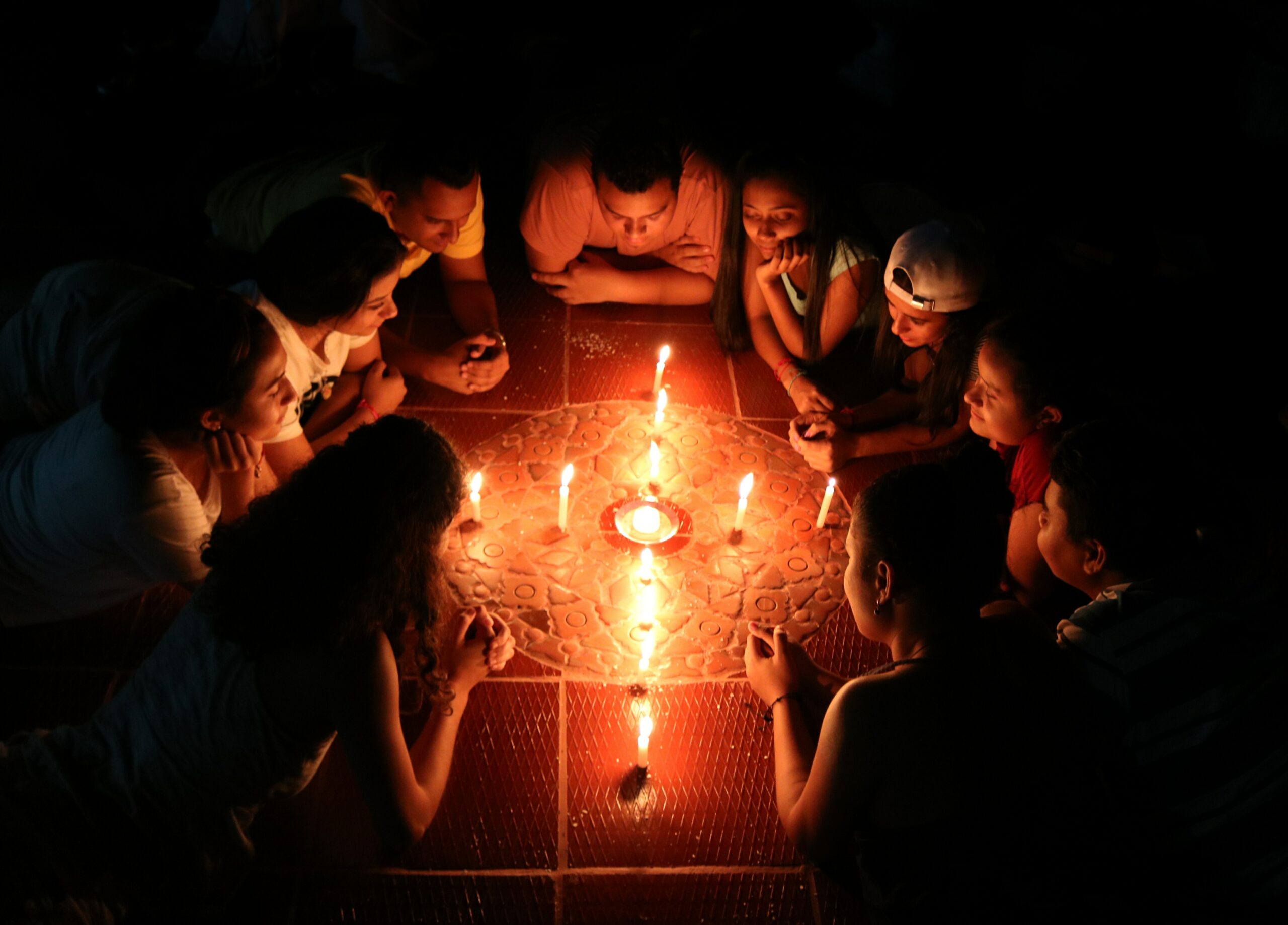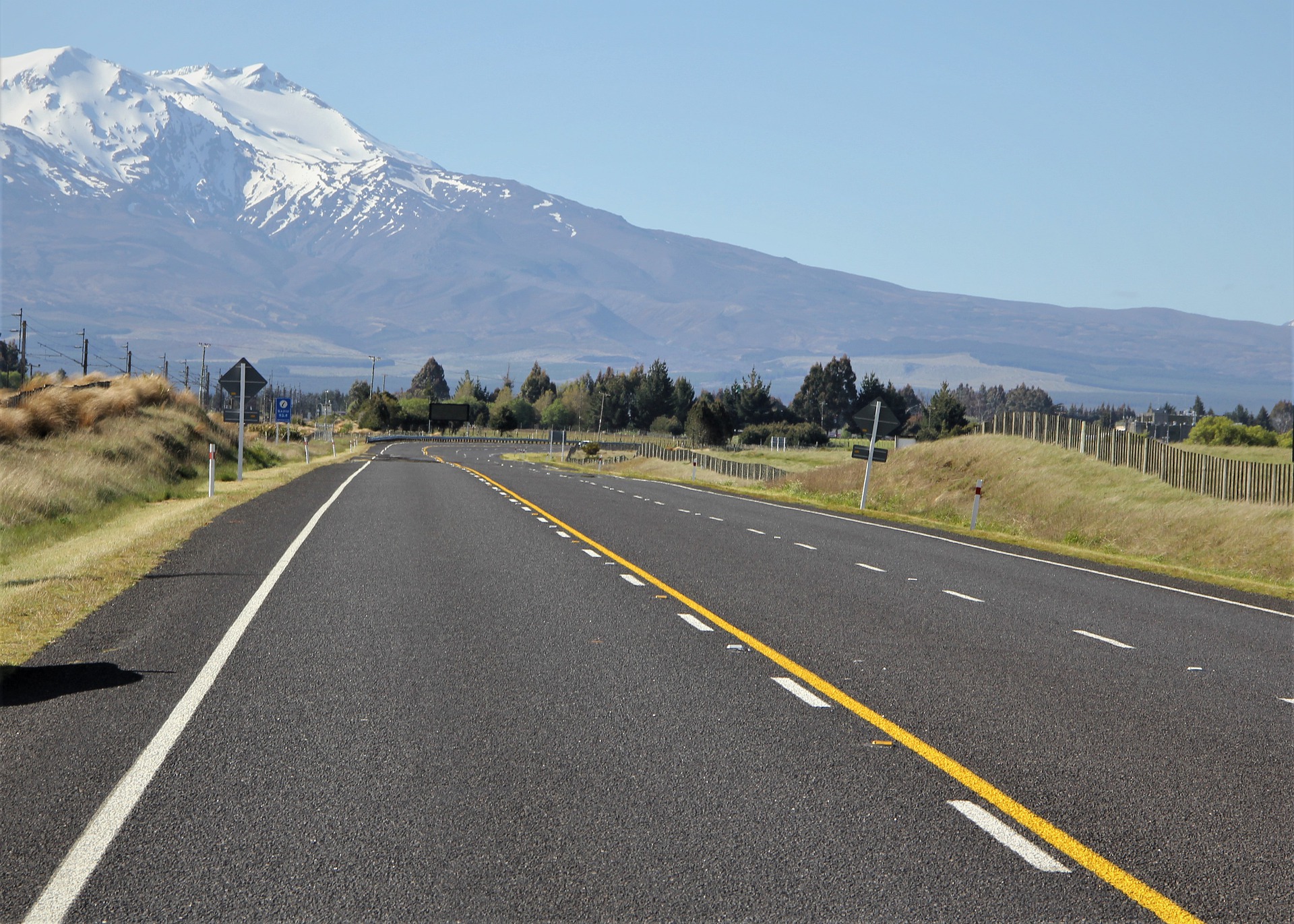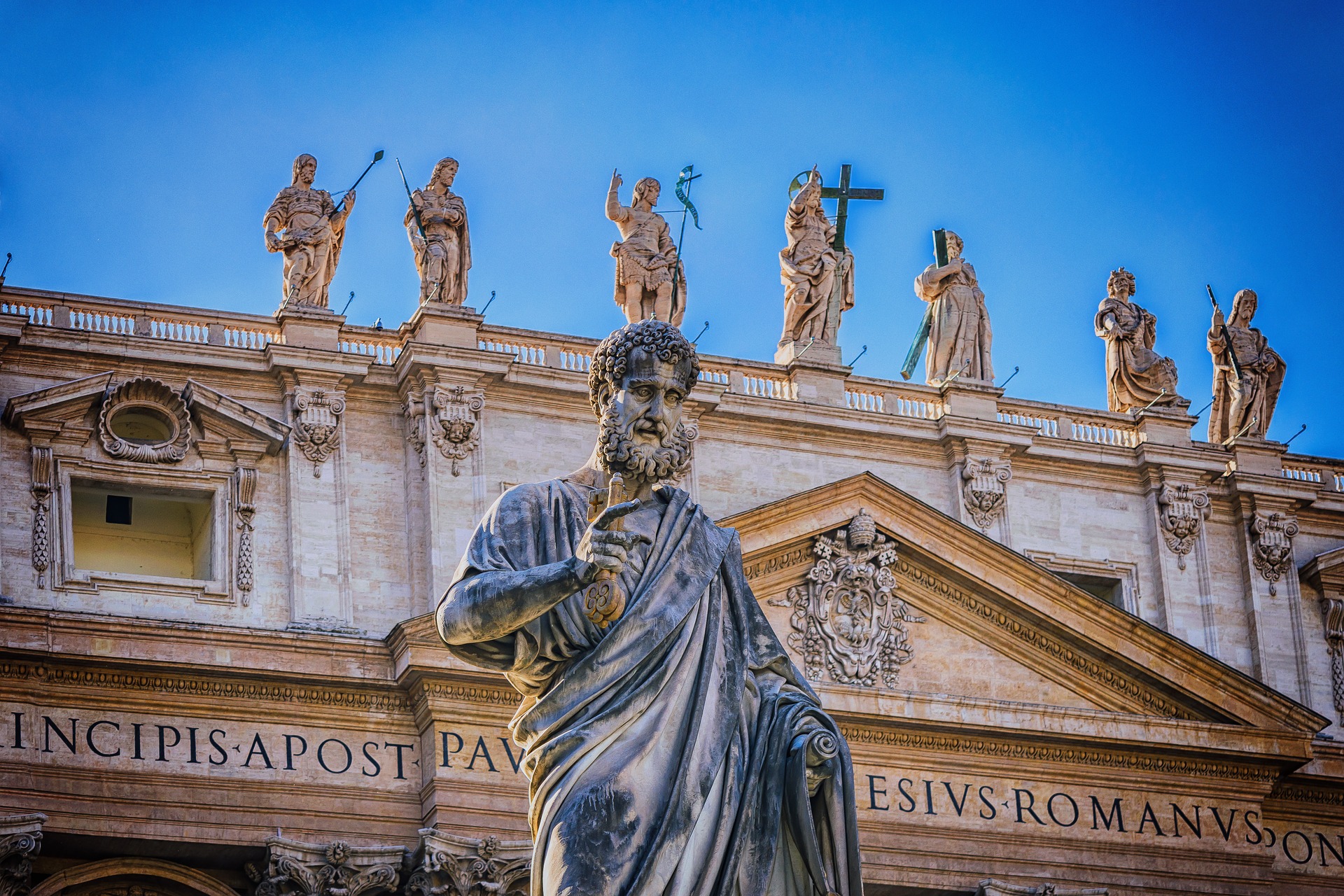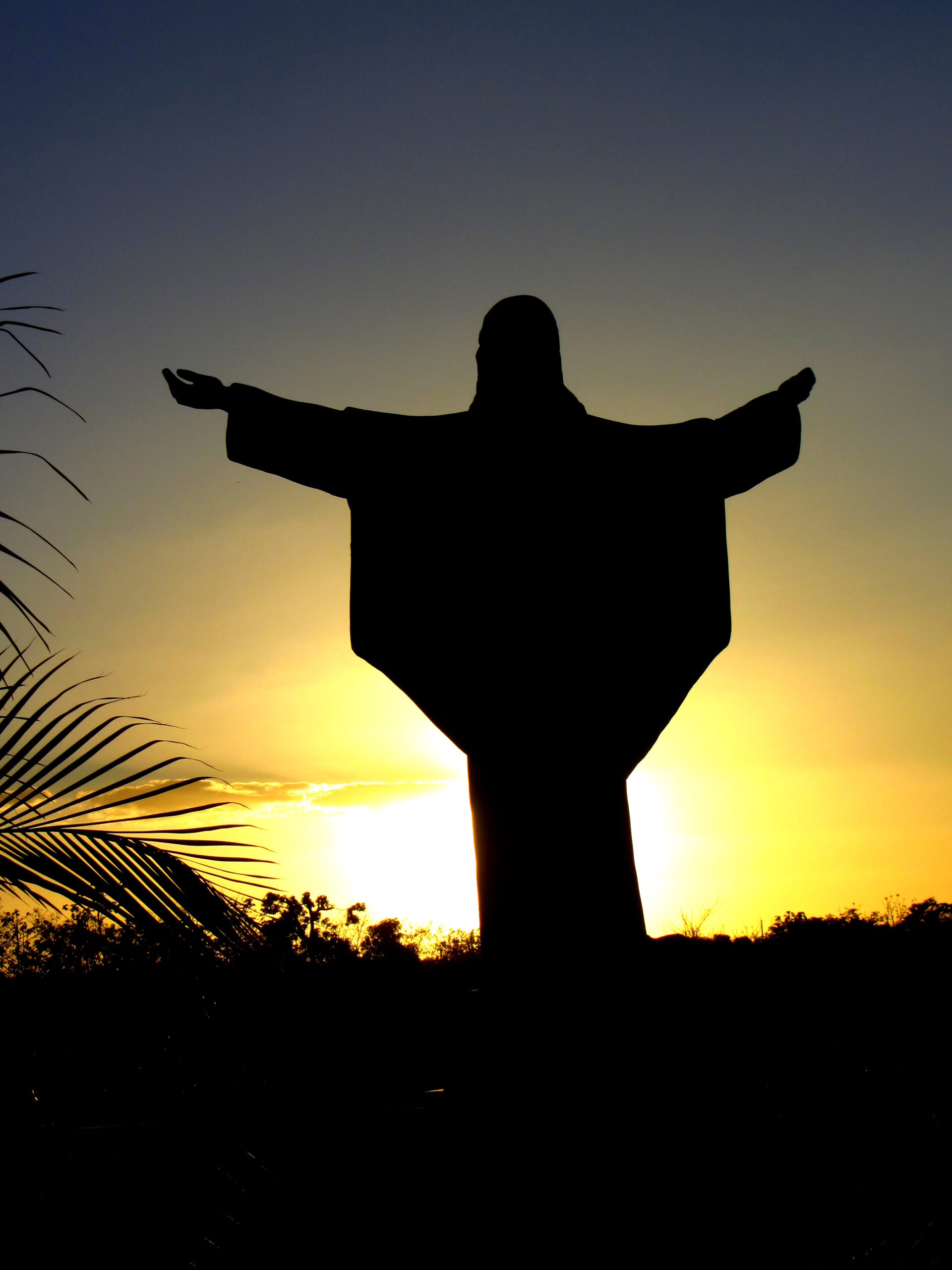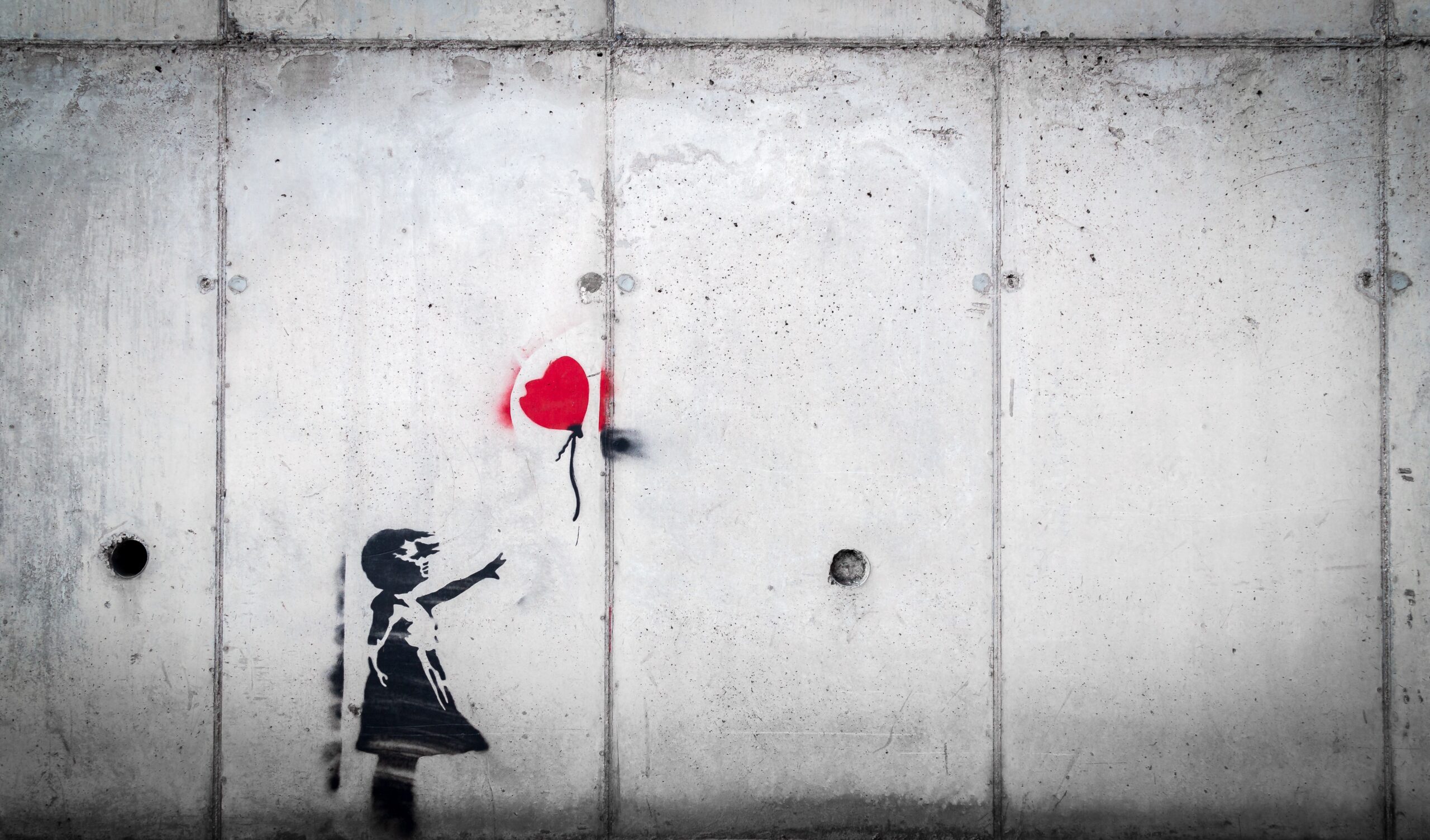** This reflection was reposted from Diocesan archives. **
Have you ever seen a surgical team scrub up before an operation? It puts mere handwashing to shame! It’s a good thing, of course, that the team puts so much effort in, and there’s an excellent reason for its rigid cleansing requirements. Cleansing has also always been important in religious traditions, both for its literal use and for its connection to being clean before God. In fact, some sort of ritual cleansing appears in nearly every world religion.
Rituals are an essential part of religion, but the ritual itself should not become more important than the reason and goals behind it. That’s what is happening in today’s Gospel reading. Washing hands before eating was a religious obligation, imposed upon people in the name of purity, and ordered by God’s law. And even though Jesus accepts the Pharisee’s invitation to dine with him, Jesus doesn’t observe this religious norm.
It must have seemed very odd and perhaps even a breach of respect. The Pharisee probably thought he was being respectful of Jesus by inviting him in, and Jesus immediately violates the common practice as well as the law to which the Pharisee has dedicated his life. Jesus’ response is anything but reassuring. “Oh, you Pharisees! Although you cleanse the outside of the cup and the dish, inside you are filled with plunder and evil. You fools! Did not the maker of the outside also make the inside? But as to what is within, give alms, and behold, everything will be clean for you.”
By observing laws and rituals literally we often lose sight of the meaning behind them. Jesus didn’t say it was bad to observe the cleansing ritual; what He said was that the cleansing had to be deeper, had to penetrate words and thoughts and actions. The Pharisee only looked at the letter of the law so he wasn’t able to perceive the spirit of the law, the point of having the law in the first place.
As far back as Leviticus, we are told to love our neighbors as ourselves. The meaning is reasonably clear, yet Luke tells us that out of that law arose a discussion to determine precisely who our neighbors are, and, perhaps more importantly, to establish who they aren’t. Paul writes in his second letter to the Corinthians, “The letter kills, the spirit gives life” (2 Cor 3:6). In the Sermon on the Mountain, Jesus criticizes those who observe the letter of the law but transgress the spirit (Mt 5:20).
Washing the outside of the cup while leaving the inside dirty isn’t what we’re called to do. It’s not enough to follow the letter of the law; it’s in observing and internalizing and honoring the spirit of the law that we become pure, that we become new people in Christ. Which means that it has to be about love of other people: it’s in the practice of love that the fullness of the law is attained.
¿Ha visto alguna vez a un equipo quirúrgico lavarse antes de una operación? ¡Es mucho más ridículo que lavarse las manos! Por supuesto, es bueno que el equipo ponga tanto esfuerzo en ello, y hay una excelente razón para sus estrictos requisitos de limpieza. La limpieza también ha sido siempre importante en las tradiciones religiosas, tanto por su uso literal como por su conexión con estar limpio ante Dios. De hecho, algún tipo de limpieza ritual aparece en casi todas las religiones del mundo.
Los rituales son una parte esencial de la religión, pero el ritual en sí no debería volverse más importante que la razón y los objetivos que lo sustentan. Eso es lo que sucede en la lectura del Evangelio de hoy. Lavarse las manos antes de comer era una obligación religiosa, impuesta a las personas en nombre de la pureza y ordenada por la ley de Dios. Y aunque Jesús acepta la invitación del fariseo a cenar con él, no observa esta norma religiosa.
Debe haber parecido muy extraño y tal vez incluso una falta de respeto. El fariseo probablemente pensó que estaba siendo respetuoso con Jesús al invitarlo a entrar, y Jesús inmediatamente violó la práctica común, así como la ley a la que el fariseo había dedicado su vida. La respuesta de Jesús no es nada tranquilizadora: “Ustedes, los fariseos, limpian el exterior del vaso y del plato; en cambio, el interior de ustedes está lleno de robos y maldad. ¡Insensatos! ¿Acaso el que hizo lo exterior no hizo también lo interior? Den más bien limosna de lo que tienen y todo lo de ustedes quedará limpio”.
Al observar las leyes y los rituales literalmente, a menudo perdemos de vista el significado que hay detrás de ellos. Jesús no dijo que fuera malo observar el ritual de purificación; lo que dijo fue que la purificación tenía que ser más profunda, tenía que penetrar las palabras, los pensamientos y las acciones. El fariseo sólo miraba la letra de la ley, por lo que no era capaz de percibir el espíritu de la ley, el sentido de tener la ley en primer lugar.
Desde Levítico se nos vienen diciendo que debemos amar a nuestro prójimo como a nosotros mismos. El significado es bastante claro, pero Lucas nos dice que de esa ley surgió una discusión para determinar con precisión quiénes son nuestros prójimos y, quizás más importante, para establecer quiénes no lo son. Pablo escribe en su segunda carta a los corintios: “La letra mata, el espíritu vivifica” (2 Cor 3,6). En el Sermón de la Montaña, Jesús critica a quienes observan la letra de la ley pero transgreden el espíritu (Mt 5,20).
Lavar el exterior de la copa dejando sucio el interior no es lo que estamos llamados a hacer. No es suficiente seguir la letra de la ley; es al observar, interiorizar y honrar el espíritu de la ley que nos volvemos puros, que nos convertimos en personas nuevas en Cristo. Lo cual significa que se debe tratar de amar a otras personas: es en la práctica del amor que se alcanza la plenitud de la ley.
** This reflection was reposted from Diocesan archives. Author: Jeanette de Beauvoir
Feature Image Credit: Ivan Samudra, unsplash.com/photos/a-hand-holding-a-water-bottle-Y3EJqtHWAio

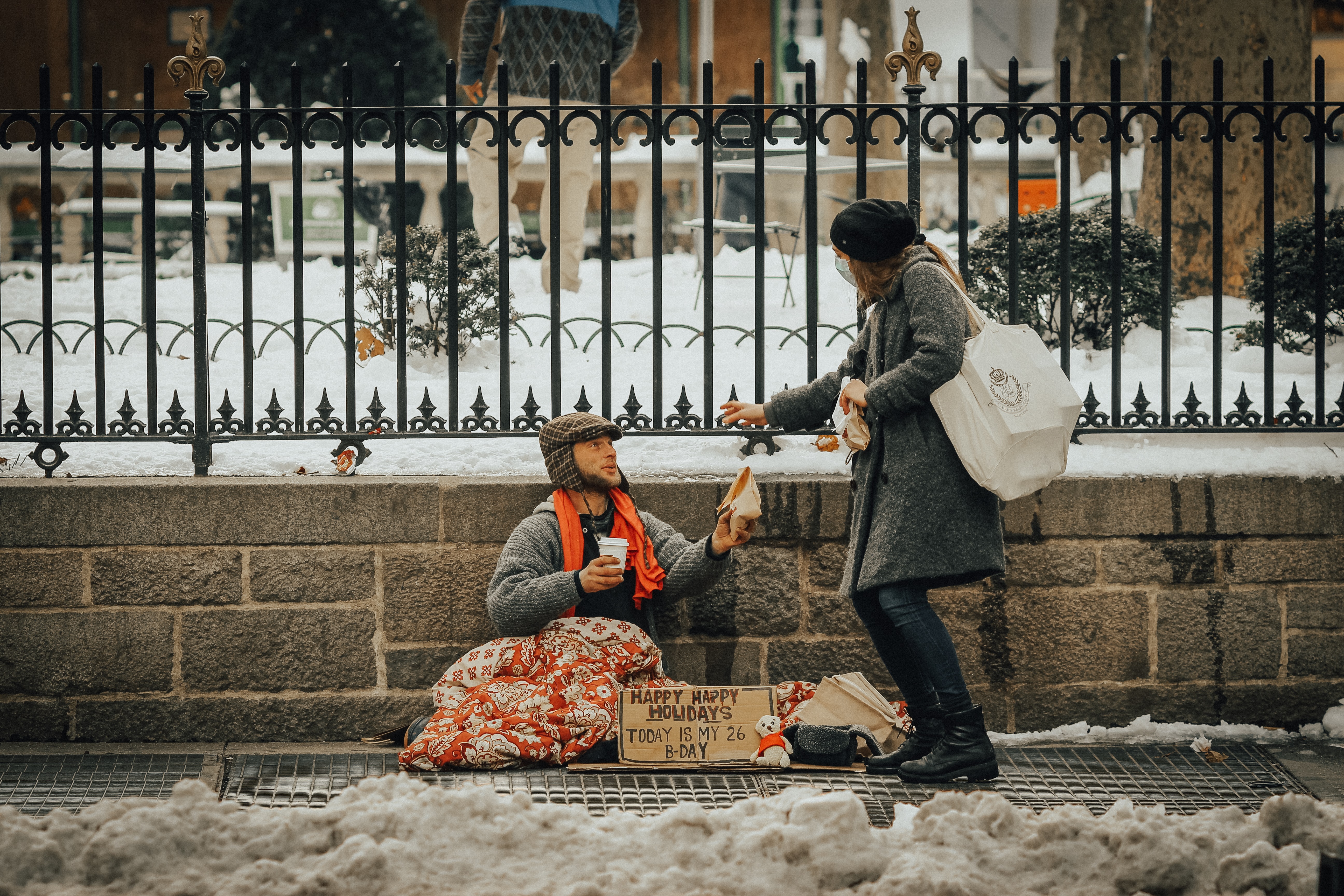

 Jeannette de Beauvoir is a writer and editor with the digital department of Pauline Books & Media, working on projects as disparate as newsletters, book clubs, ebooks, and retreats that support the apostolate of the Daughters of St. Paul at
Jeannette de Beauvoir is a writer and editor with the digital department of Pauline Books & Media, working on projects as disparate as newsletters, book clubs, ebooks, and retreats that support the apostolate of the Daughters of St. Paul at 